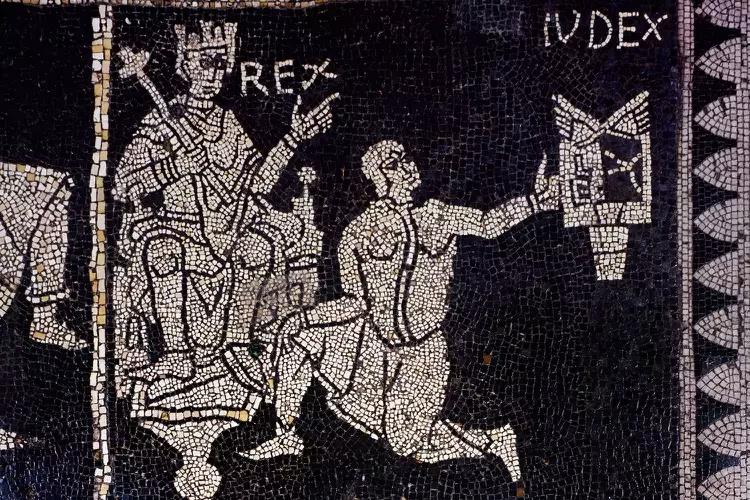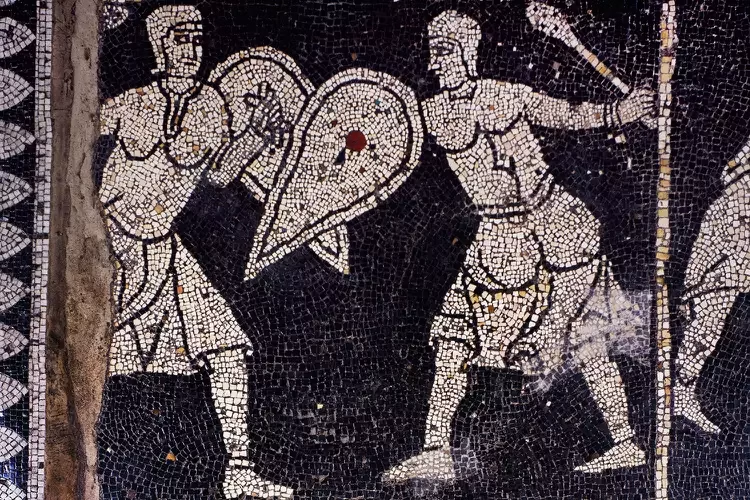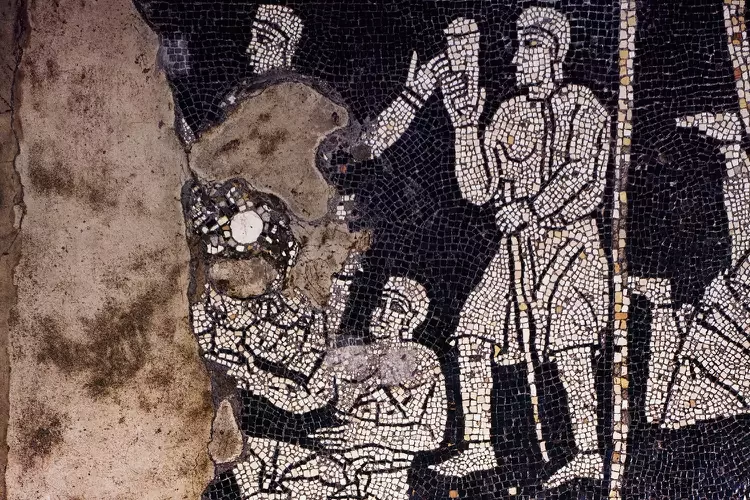What Are the 4 Cardinal Virtues of the Catholic Church.
The cardinal virtues are the four principal moral virtues. The English word cardinal comes from the Latin word cardo, which means “hinge.” As such, all other virtues hinge on these four: prudence, justice, fortitude, and temperance.
Plato first discussed the cardinal virtues in “The Republic,” and they entered into the Christian teaching by way of Plato’s disciple Aristotle. Unlike the theological virtues, which are the gifts of God through grace, the four cardinal virtues can be practiced by anyone; thus, they represent the foundation of natural morality.

St. Thomas Aquinas ranked prudence as the first cardinal virtue because it is concerned with the intellect. Aristotle defined prudence as recta ratio agibilium, “right reason applied to practice.” It is the virtue that allows us to judge correctly what is right and what is wrong in any given situation. When we mistake evil for good, we are not exercising prudence—in fact, we are showing our lack of it.
Because it is so easy to fall into error, prudence requires us to seek the counsel of others, particularly those we know to be sound judges of morality. Disregarding the advice or warnings of others whose judgment does not coincide with ours is a sign of imprudence.
Justice: The Second Cardinal Virtue

Justice, according to Saint Thomas, is the second cardinal virtue, because it is concerned with the will. As Fr. John A. Hardon notes in his Modern Catholic Dictionary, it is “the constant and permanent determination to the give everyone his or her rightful due.” We say that “justice is blind,” because it should not matter what we think of a particular person. If we owe him a debt, we must repay exactly what we owe.
Justice is connected to the idea of rights. While we often use justice in a negative sense (“He got what he deserved”), justice in its proper sense is positive. Injustice occurs when we as individuals or by law deprive someone of that which he is owed. Legal rights can never outweigh natural ones.
Fortitude: The Third Cardinal Virtue

The third cardinal virtue, according to St. Thomas Aquinas, is fortitude. While this virtue is commonly called courage, it is different from what much of what we think of as courage today. Fortitude allows us to overcome fear and to remain steady in our will in the face of obstacles, but it is always reasoned and reasonable; the person exercising fortitude does not seek danger for danger’s sake. Prudence and justice are the virtues through which we decide what needs to be done; fortitude gives us the strength to do it.
Fortitude is the only one of the cardinal virtues that is also a gift of the Holy Spirit, allowing us to rise above our natural fears in defense of the Christian faith.
Temperance: The Fourth Cardinal Virtue

Temperance, Saint Thomas declared, is the fourth and final cardinal virtue. While fortitude is concerned with the restraint of fear so that we can act, temperance is the restraint of our desires or passions. Food, drink, and sex are all necessary for our survival, individually and as a species; yet a disordered desire for any of these goods can have disastrous consequences, physical and moral.
Temperance is the virtue that attempts to keep us from excess, and, as such, requires the balancing of legitimate goods against our inordinate desire for them. Our legitimate use of such goods may be different at different times; temperance is the “golden mean” that helps us determine how far we can act on our desires.




Leave a Reply